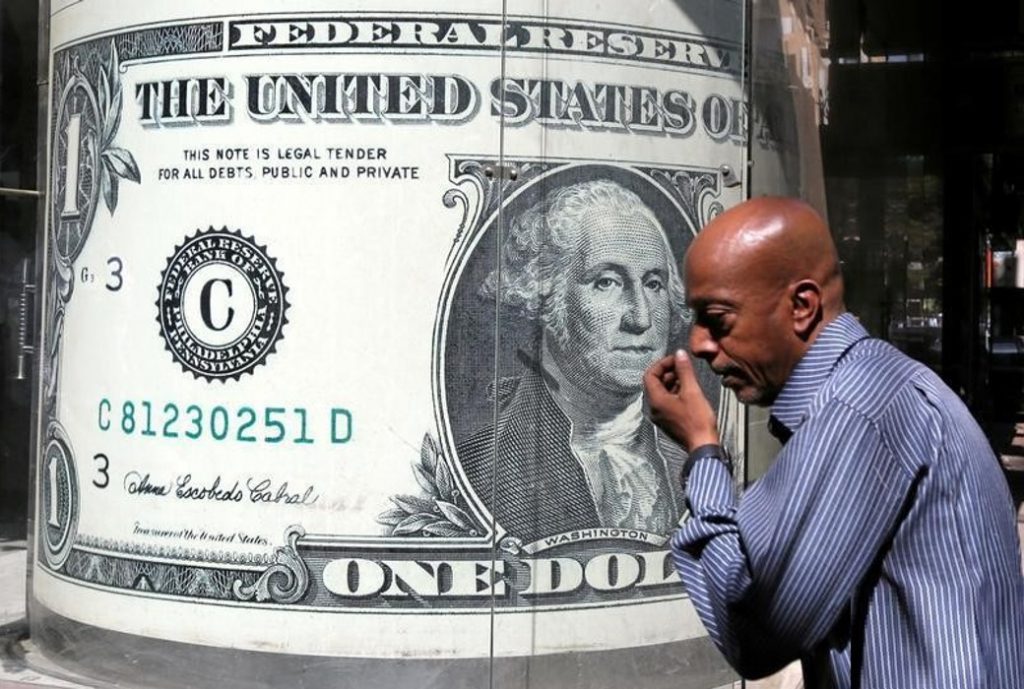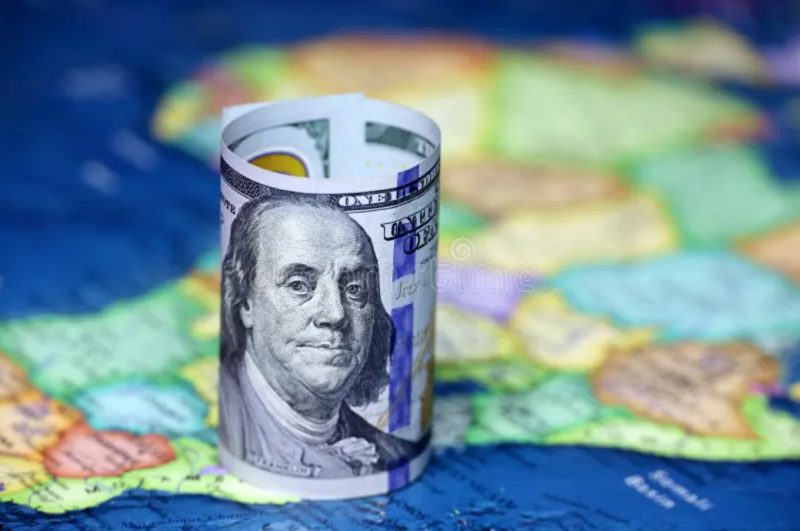Many governments in Africa are actively pushing for de-dollarization, making local currencies the norm and limiting the use of the US dollar. Just recently, Nigeria announced that oil settlements must be done in local currency, the naira, and not the US dollar. Tanzania had banned the USD in local transactions, forcing the public to use only the shilling. Kenya is also implementing stricter foreign exchange rules to limit the use of the greenback in local exchanges.
Also Read: What Does JP Morgan Say About De-Dollarization?
Countries in Africa, such as Niger, Mali, and Burkina Faso, are also considering de-dollarization and taking on the US dollar by launching a common currency. However, the idea has not seen the light despite the three countries actively working towards the formation of the currency. It’s been two years since they’ve been struggling to come up with a common currency that can work for all.
Governments in Africa Push For De-Dollarization, But Public Trusts the US Dollar


The government’s de-dollarization rhetoric is falling flat as the public still uses the US dollar for local transactions. Even after their local currencies performed better than the USD this year, many still prefer the greenback over local currencies. The development is putting the government in a spot as the dollar remains king despite multiple attempts to uproot it. The public is drawn to the stability of the USD and its global acceptance, which drives trust towards the currency.
Also Read: Historic US Dollar Fall: How Much Worse Could It Get in 2025?
Even the USD-backed stablecoins are the most preferred form of payment in Africa for cross-border settlements. “Despite de-dollarization rhetoric (in Africa), most people and institutions still view the US dollar as king and a safe haven asset compared to their local African currencies. This isn’t just sentiment, it’s based on decades of relative stability and global acceptance. Even when African currencies are performing well, the dollar remains the preferred unit of account for international trade and value storage,” said VALR co-founder Badi Sudhakaran.





